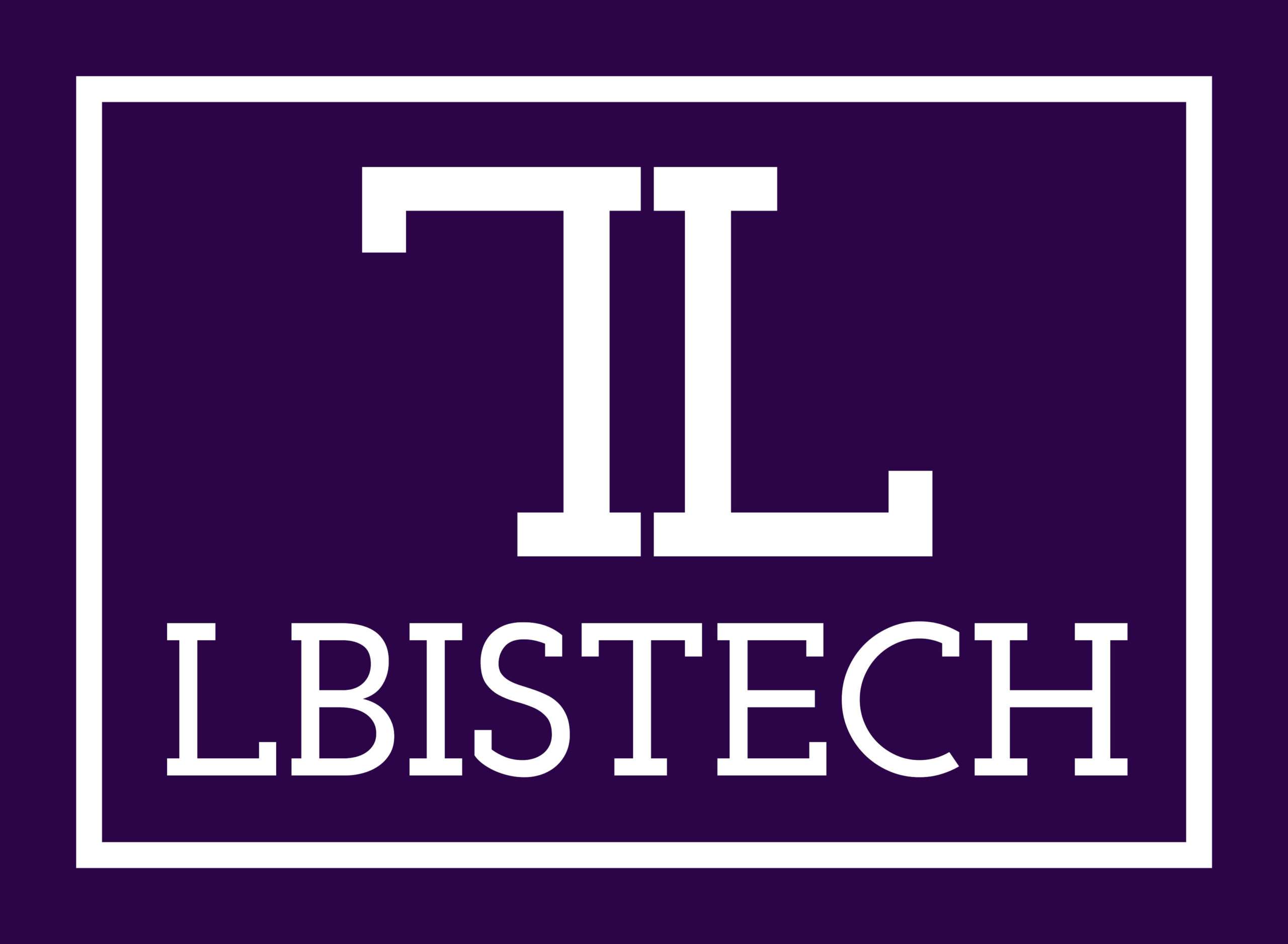
Presenting professional training on Microsoft Azure 2 In 1
(AZ-900 & AZ-104)
In this course we will cover Microsoft Azure AZ-900 & AZ-104 Certification training that will enable you to design, plan & scale Azure implementations. The course is aligned with the latest Azure exam featuring Azure designated best practices.

Schedule
Batch# 02
Starting Soon
Duration
2.5 Months
(Every Saturday & Sunday)
Timing
03:00 PM - 05:00 PM
Fee
PKR.40,000
(Payable in 3 easy installments)
Course Outline
- Introduction to Azure fundamentals.
- Discuss Azure fundamental concepts.
- Describe core Azure architectural components.
- Explore Azure database & analytics services.
- Explore Azure compute services.
- Explore Azure Storage services.
- Explore Azure networking services.
- Choose the best AI service for your needs.
- Choose the best tools to help organizations build better solutions.
- Choose the best monitoring service for visibility, insight, & outage mitigation.
- Choose the best Azure serverless technology for your business scenario.
- Choose the best Azure IoT service for your application.
- Choose the correct Azure AI service to address different kinds of business challenges.
- Choose the correct cloud monitoring service to address different kinds of business challenges.
- Choose the correct Azure management tool to address different kinds of technical needs.
- Choose the right serverless computing technology for your business scenario.
- Choose the best Azure IoT service for a given business scenario.
- Protect against security threats on Azure.
- Secure network connectivity on Azure.
- Secure access to your applications by using Azure identity services.
- Build a cloud governance strategy on Azure.
- Examine privacy, compliance, & data protection standards on Azure.
- Plan & manage your Azure costs.
- Choose the right Azure services by examining SLAs & service lifecycle.
- Create users & groups.
- Create administrative.
- Manage user & group properties.
- Manage device settings.
- Perform bulk user updates.
- Manage guest accounts.
- Configure Azure AD Connect.
- Configure self-service password reset.
- Create a custom role.
- Provide access to Azure resources by assigning roles at different scopes.
- Configure Azure policies.
- Configure resource locks.
- Apply & manage tags on resources.
- Manage resource groups.
- Manage subscriptions.
- Manage costs.
- Configure management groups.
- Configure network access to storage accounts.
- Create & configure storage accounts.
- Manage access keys.
- Configure Azure AD authentication for a storage account.
- Configure access to Azure Files.
- Install & use Azure Storage Explorer.
- Copy data by using AZCopy.
- Implement Azure Storage replication.
- Create an Azure file share.
- Create & configure Azure File Sync service.
- Configure Azure Blob Storage.
- Storage tiers.
- Modify an Azure Resource Manager template.
- Configure a virtual hard disk (VHD) template.
- Deploy from a template.
- Save a deployment as an Azure Resource Manager template.
- Deploy virtual machine extensions.
- Configure Azure Disk Encryption.
- Move VMs from one resource group to another.
- Manage VM sizes.
- Add data disks.
- Configure networking.
- Redeploy VMs.
- Configure high availability.
- Deploy & configure virtual machine scale sets.
- Configure sizing & scaling for Azure Container Instances.
- Configure container groups for Azure Container Instances.
- Configure storage for Azure Kubernetes Service (AKS).
- Configure scaling for AKS.
- Create an App Service plan.
- Configure scaling settings in an App Service plan.
- Create an App Service.
- Secure an App Service.
- Configure custom domain names.
- Configure backup for an App Service.
- Configure deployment settings.
- Create & configure virtual networks, including peering.
- Configure private & public IP addresses.
- Configure user-defined network routes.
- Implement subnets.
- Configure endpoints on subnets.
- Configure private endpoints.
- Configure Azure DNS, including custom DNS settings & private or public DNS zones.
- Create security rules.
- Associate a network security group (NSG) to a subnet or network interface.
- Evaluate effective security rules.
- Implement Azure Firewall.
- Implement Azure Bastion.
- Configure Azure Application Gateway.
- Configure an internal or public load balancer.
- Troubleshoot load balancing.
- Monitor on-premises connectivity.
- Configure & use Azure Monitor for Networks.
- Troubleshoot.
- Create & configure Azure VPN Gateway.
- View Azure ExpressRoute.
- Metrics.
- Configure Azure Monitor logs.
- Analyze logs.
- Set up alerts & actions.
- Configure Application Insights.
- Create a Recovery Services vault.
- Create a Backup vault.
- Create & configure backup policy.
- Perform backup & restore operations by using Azure Backup.
- Site-to-site recovery by using Azure Site Recovery.
- Review backup report.
Features
Instructor-led sessions
Assesments
Certificate on completion
Azure certified trainenr on completion
Frequently Asked Questions
Mr.Syed Asad Raza is our Azure instructor. He is having 5 years of industry experience. He is Azure Certified Architect & Consultant as well.
Its virtual led training so the training can be attended using Zoom.
You can go through the sample class recording & it would give you a clear insight about how the classes are conducted, quality of instructors & inter-activeness in a class.
We will provide LbisTech DevOps Course Completion Certificate & we help all the students to get official certificates through proper assistant.
you will never lose any lecture. You can view the class presentation & recordings that are available for online viewing through our LMS
You can pay using online banking transfer.
